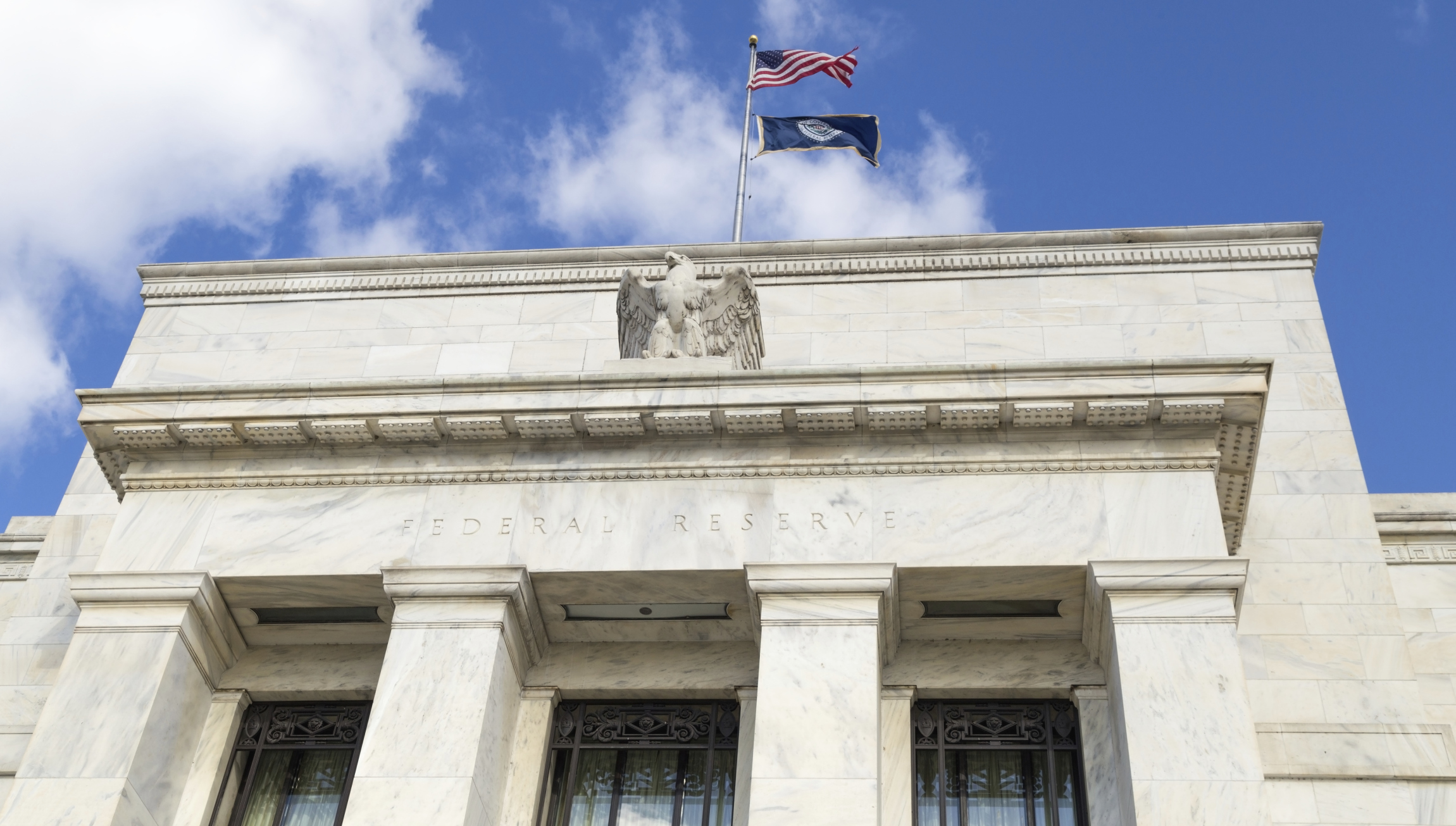
Volcker Alliance releases report calling for new financial system oversight structure.
America’s financial regulatory system developed piecemeal. Beginning just after the Civil War, Congress has added and subtracted agencies and departments in response to new crises and economic developments. A patchwork of regulatory oversight exists today; about a dozen regulatory bodies oversee U.S. markets through a fragmented regulatory system—one that also includes many non-governmental and international organizations that influence industry standards.
The 2008 financial crisis created unprecedented regulatory challenges. Congress and the Obama Administration responded with new legislation and executive action, including the enactment of the Dodd-Frank Wall Street Reform and Consumer Protection Act and a series of regulatory proposals and actions from the Treasury Department. One of the architects of the latest set of financial reforms was Paul Volcker, the former Federal Reserve chairman who has served as chairman of the President’s Economic Recovery Advisory Board since the crisis. Recently, Volcker has called for still further action to strengthen the regulatory system as the economy continues to rebound.
The Volcker Alliance, a nonprofit public policy organization headed by Mr. Volcker, released a report last month proposing broad changes to the U.S. financial regulatory system. The Alliance adopted a three-pronged approach to reform, calling for updated oversight and surveillance, streamlined supervision and regulation, and stronger market integrity and investor protection.
To improve oversight and surveillance, the Alliance has proposed structural changes to the Financial Stability Oversight Council (FSOC), the organization Dodd-Frank created to monitor systemic risk in the financial system. First, the Alliance recommends the FSOC create a new Systemic Issues Committee (SIC), charged with developing new and enhanced standards for activities that occur outside the sphere of what is presently regulated. The SIC would be composed of the chairpersons of six federal agencies and a state insurance commissioner, all of whom currently serve in positions where they monitor financial activity.
The SIC would have the power to designate “systemically important financial institutions” and require “new or enhanced prudential standards and safeguards,” in order to address “all activities and practices that could pose a threat to systemic stability.” The SIC would also have the power to review the rules and regulations of its member agencies.
The Alliance also recommends dissolving the Office of the Comptroller of the Currency (OCC), the federal regulator which currently supervises U.S. national banks. The Alliance also proposes removing the Office of Financial Research from the Treasury Department to make it an independent entity, as well as giving the Federal Reserve broader authority to monitor a wider range of issues across multiple markets and spheres, with its focus on systemic risks.
To improve supervision and regulation of the financial sector, the Alliance advocates consolidating various regulatory functions into a new independent agency, called a Prudential Supervisory Authority. This new agency would take on some of the bank supervisory functions currently performed by the Federal Reserve, the Comptroller of the Currency, and the Federal Deposit Insurance Corporation, as well as some of the investor protection and market stability functions the U.S. Securities and Exchange Commission (SEC) and the U.S. Commodity Futures Trading Commission (CFTC) now shoulder. Additionally, under the Volcker Alliance’s proposal, the SEC and the CFTC would merge into one agency that would have rulemaking authority dedicated to protecting the structure and integrity of securities and derivatives markets.
Like the SIC, the Prudential Supervisory Authority would consist of the chairs of agencies dedicated to financial oversight. It would have a subsidiary unit dedicated to tailoring the regulatory treatment of smaller community banks, which sometimes face regulatory burdens under Dodd-Frank that were meant for larger, more complex institutions. The Alliance also calls for curtailing the regulatory authority of the Federal Deposit Insurance Corporation, but retaining its deposit-insurance function.
Mr. Volcker is known for his achievements fighting systemic financial problems. The Volcker Rule, a regulation bearing his moniker that was adopted due to a Dodd-Frank provision, bans commercial banks from making certain types of risky, speculative investments when trading financial instruments using their own money rather than their depositors’ money—a practice known as proprietary trading.
A major theme in the Volcker Alliance’s report is the targeted designation and oversight of specific bank holding companies that pose unique, systemic threats to the economy. The report details how these institutions have grown exceedingly large and complex, with some of them owning and controlling the assets that constitute the very markets in which they trade.
Lending has moved away from traditional banking towards private capital markets. As the report notes, two-thirds of all credit-market assets in the U.S. now are held by non-bank institutions—and investors rely increasingly on non-regulated services, called “shadow banking,” that regulated institutions choose to perform.
The Volcker Alliance argues that the current fragmented regulatory structure has failed to keep up with the financial system’s rapid transformation over the last few decades. It notes that its proposals are limited in scope and do not address some important subjects such as consumer protection, insurance markets, or mortgage markets. But the Alliance puts forth that more expansive (and perhaps nontraditional) oversight from a regulator such as the SIC might help regulators be prepared for new challenges that are sure to come.



